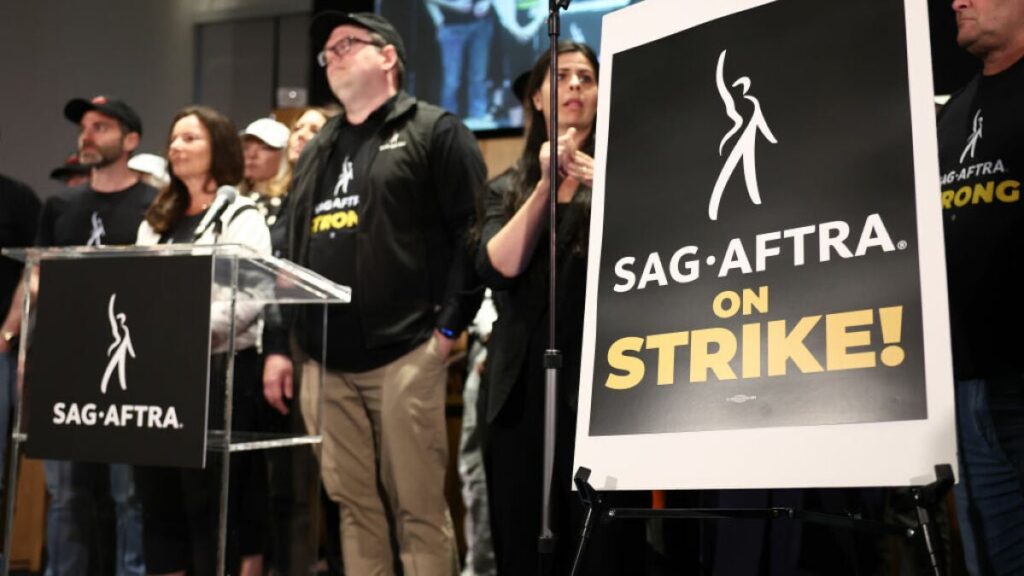Video game voiceover and motion capture performers are on strike for the second time in a decade.
Some members of the union who work in video games initiated the work stoppage Friday morning after a year and a half of negotiations between SAG-AFTRA and major video game companies including Activision, Electronic Arts and Take-Two Interactive. In a statement on its website, SAG-AFTRA said there is no doubt that AI protection is a “sticky point.”
“We will not agree to a contract that allows companies to misuse artificial intelligence to the detriment of our members,” union president Fran Drescher said in a statement. “Enough is enough.” When these companies seriously consider providing a way for our members to live and When working on the agreement, we will prepare the negotiations here.
Bethesda becomes first Microsoft game studio to unionize
In a statement to Polygon, gaming company spokesperson Audrey Cooling claimed that the artificial intelligence provisions SAG-AFTRA disagrees with are “the strongest in the entertainment industry.” According to Cooling, the two sides have reached agreement on 24 of the 25 contract proposals, with artificial intelligence becoming the final nail in the coffin.
Mix and match speed of light
While the specific contract language the two sides have been trying to reach over the past 18 months has not been made public, the issue is familiar to anyone who has paid attention to artificial intelligence and art in recent years. In short, voice actors and motion capture performers worry that without proper labor protections, video game companies could use their work to train artificial intelligence models, thereby replacing their workforce.
As The Washington Post also points out, the use of artificial intelligence could have a negative impact on young performers trying to break into the industry. It might be harder to break into the industry if those background, non-player characters that typically belong to them are relegated to artificial intelligence.
It’s worth noting that SAG-AFTRA reached a side agreement with an AI company earlier this year, so so far the union isn’t inherently opposed to AI.
This is not the first time SAG-AFTRA gaming workers have gone on strike. In 2016, the voice actors began a hiatus that lasted almost a year. The strike has more to do with “old” issues like bonuses, royalties and worker safety than with rapidly developing new technologies. In other words, it could theoretically take some time for the two sides to reach an agreement.
theme
Games for social welfare

